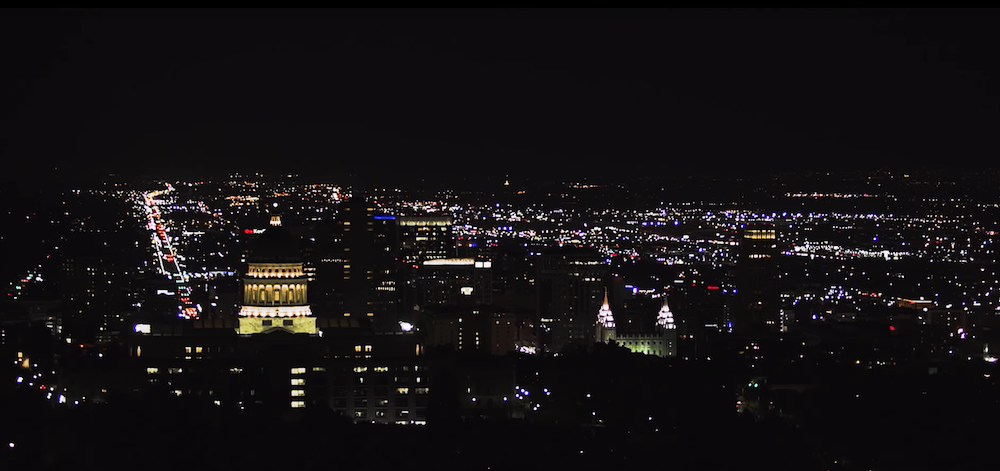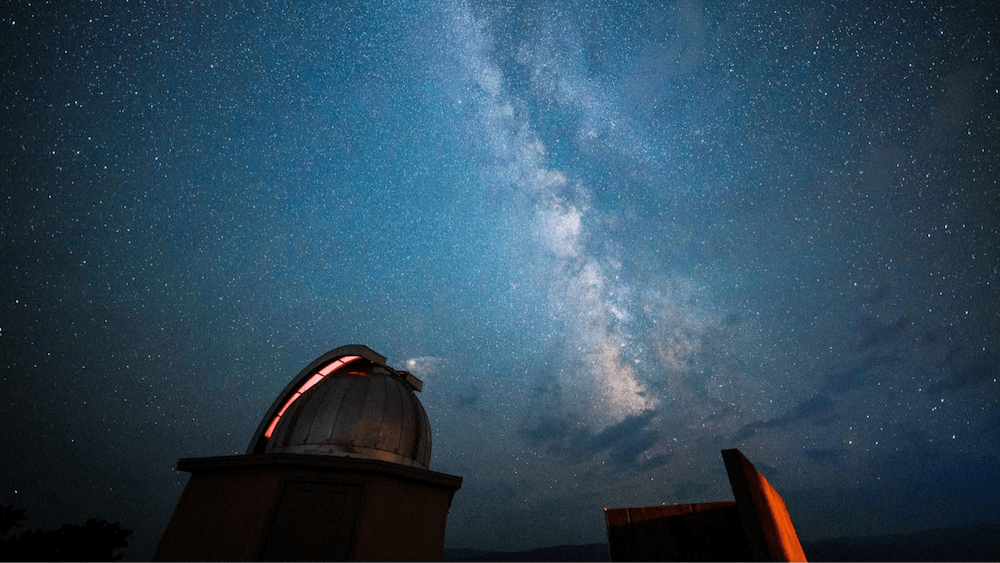“Darkness for humans can be really scary,” says Jessica Cleeves Dwyer of the International Dark Skies Association. “One of the reasons that we find ourselves now looking for more of it is because we’ve done such a good job of getting rid of it.”
Salt Lake City, like many cities across the United States and around the world, is aglow all night with street lamps, lights, billboards, and neon signs. Once humans discovered fire, explains Cleeves Dwyer, we utilized it. With the rise of electric lights, it was easy to illuminate even the darkest places.
“And the consequence from switching from fire to electric light is that we didn’t have to earn those photons anymore,” she says. “All of a sudden we could illuminate our whole night without much cost and seemingly without consequences.”

But, as she explains, there are real, physical consequences to unnecessary light for humans. Light communicates to our brains when to be awake and when to sleep. It can kickstart adrenaline production and suppress melatonin, the hormone which usually helps lull us to sleep. In addition, Cleeves Dwyer says that too much light—even through closed eyelids—can increase risk of breast cancer, anxiety, depression, and heart disease.
“Our bodies literally don’t know when and how to rest,” she says. “It’s the biggest step we’ve taken away from being integrated into our ecology.”
That’s where amateur astrophotographer Mark Bailey comes in. He’s the proprietor of Torrey House Alpen Glow Observatory in Torrey, Utah, where people can lose themselves in inky skies. It’s one of the best spots in the continental United States states for astronomic observatory—and Bailey calls the observatory a “portal to the deeper cosmos.”
“We’re protecting one of the last and wildest wildernesses,” he says. “Our access to the sky in its raw form without our light pollution is important for an intrinsic sense of wilderness, but it’s important for our selfish sense as humans to keep in touch with the physical humans that we are, that have senses to see this kind of thing.”
Watch the video above, and learn more about the price humans pay when we illuminate our cities—and the places we can go to escape them.

Credits
A RadioWest and Science Friday Film
Directed and Edited by Kelsie Moore and Doug Fabrizio
Produced by Elaine Clark
Cinematography by Kelsie Moore
Astrophotography Images by Mark Bailey
Music by Al Lethbridge and Audio Network
Words by Johanna Mayer
Meet the Producers and Host
About Luke Groskin
@lgroskinLuke Groskin is Science Friday’s video producer. He’s on a mission to make you love spiders and other odd creatures.
About RadioWest Films
@radiowestRadioWest is the documentary production team for Utah’s public radio station, KUER.